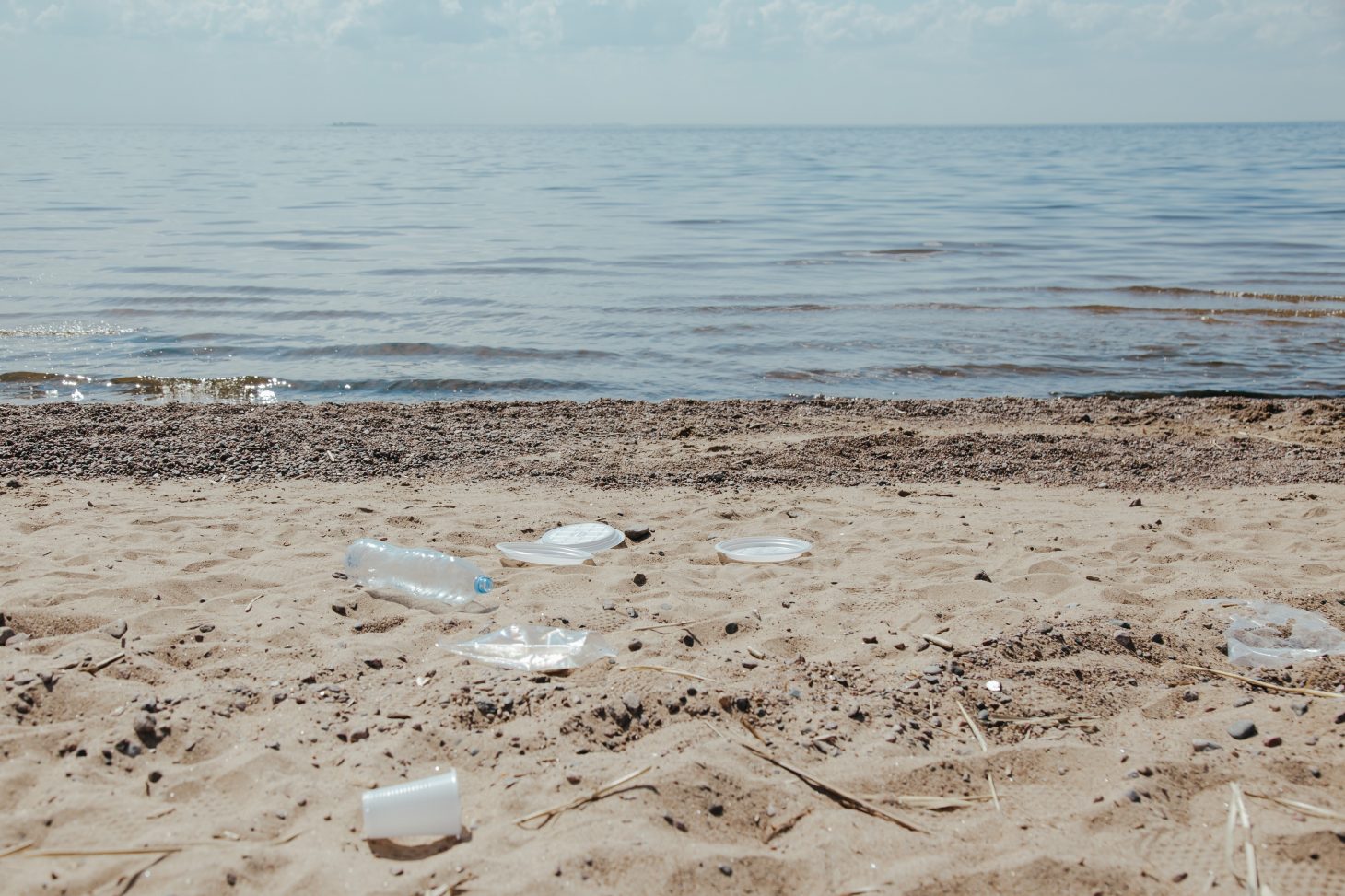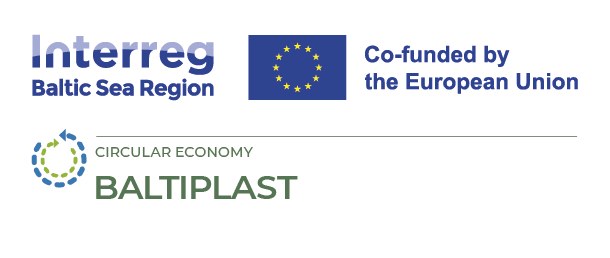
The BALTIPLAST project’s main objective is to identify, test and deploy concrete solutions to handle and reduce the flow of plastic waste to the Baltic Sea, under the lenses of a circular economy.
It contributes to EU Strategy for the BSR, specifically to the Policy Area of Bio-economy, dwelling on responsible use of resources, changing mind-sets and consumer behavior, through cross-sectorial approaches, by up-scaling waste to integrate it to a circular economy, by testing public procurement models and integrating circular economy policies in the activities of the target groups.
A consortium of partners will test concrete solutions at three levels of operation:
- strategic and management
- technological/technical
- communication/behavior change.
It will do so by engaging municipalities, business, NGOs and private individuals, and helping these targets groups to reduce single use plastic reduction, improve plastic packaging collection and treatment system and support innovation in plastic waste management, to make it circular.
Specific Objectives:
- To support municipalities in their efforts to develop and implement strategic and legal frameworks for plastic prevention and reduction.
- To provide practical tools for public entities and business for reducing single-use plastic and plastic packing in a short period of time.
- To provide technical solutions for harmonization of the different categories of plastic waste processing, separation and recycling targeting municipalities and regional waste operators.
- To test and disseminate technical solutions for the use of alternative materials based packaging systems, targeting innovative SMEs.
- To provide guidance for consumers across the Baltic Sea Region to reduce single plastic use and plastic packaging.
The project consortium consists of 18 Partners and five Associated Organizations. The collaboration is based on the three levels: solution and stakeholder logic with local authorities; technical and business level; and the consumer level. Various local authorities are partners in this consortium, which empowers them to address the solutions towards their current problems. In order to have a comprehensive transfer of the solutions, various networks and associations are included in the consortium, since plastic waste has a direct connection with all of them.
The universities will design the solutions in collaboration with local governments in the project countries, with inputs from NGOs and Associations. The solutions will be tested by the cities and in cooperation with NGOs and businesses. For maximizing the transnational transfer and upscaling of the solutions, the Union of Baltic Cities will use its extensive network of municipalities, hence maximizing the benefits of the project to the Baltic Sea Region.
Project details
- Project name: BALTIPLAST
- Project management: Hamburg University of Applied Sciences
- Funded by: Interreg Baltic Sea Region Programme 2014-2020
- Operational time: 01/2023 – 12/2025
- Project number: #C021
- Total budget: EUR 4,30 million;
ERDF: EUR 3,44 million - Project web page: https://interreg-baltic.eu/project/baltiplast/
Project partners
Hamburg University of Applied Sciences, City of Helsinki, City of Tallinn, Kaunas city municipality, Vasteras Municipality, Valmiera Municipality Government, Stockholm Environment Institute, Tallinn Centre , Tallinn University of Technology (TalTech) , Kaunas University of Technology, Daugavpils City Municipality , Union of the Baltic Cities Sustainable Cities Commission c/o City of Turku , Baltic Environmental Forum Germany , Baltic Environmental Forum Latvia , Keep Sweden Tidy , Swedish Consumers Association , Environmental Center for Administration and Technology (ECAT) , Coalition Clean Baltic , Plastic-Free City, KuBus e.V. (registered association)
Contact persons
- Irina Paegle
- Dace Selga




